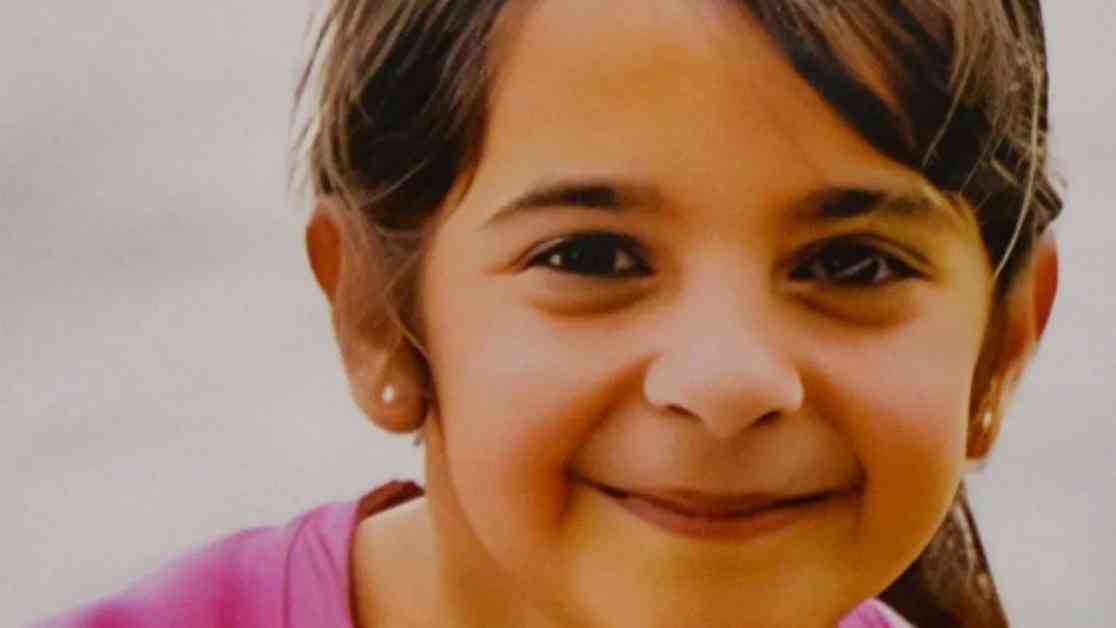Narin Trial: 30 Hours of Testimony in 2 Days, Killer and Motive Unrevealed
The trial of the murder of Narin in Diyarbakır 8th Heavy Penal Court began on Thursday, and continued until late hours yesterday, with a total of 30 hours of testimony from both suspects and witnesses. Despite all the statements gathered so far, the identity of who killed Narin and why still remains undisclosed. The trial, filled with mutual accusations, is expected to continue today, the third day, with the testimony of witnesses to be presented by the defense lawyers.
Details of the Trial
The trial, which has captivated the attention of the public, has been marked by intense emotions and high stakes. The prosecution, led by the Diyarbakır Chief Public Prosecutor’s Office, has put forward a compelling case against the defendants – Narin’s mother Yüksel Güran, brother Enes Güran, uncle Salim Güran, and the man accused of burying the young girl in a ravine, Nevzat Bahtiyar. The prosecution is seeking aggravated life imprisonment for all the accused, reflecting the severity of the charges against them.
The courtroom has been filled with tension as the testimonies unfolded, shedding light on the events leading up to Narin’s tragic death. Witnesses have recounted chilling details of the days leading up to the murder, painting a picture of a family torn apart by internal strife and hidden secrets. The defense has vehemently denied the charges, arguing that there is no concrete evidence linking their clients to the crime.
Seeking Justice for Narin
As the trial enters its third day, the quest for justice for Narin continues. The prosecution has vowed to leave no stone unturned in their pursuit of the truth, determined to bring the perpetrators to justice and ensure that Narin’s memory is honored. The emotional toll of the trial is evident on the faces of those present in the courtroom, as they grapple with the enormity of the crime that has shaken the community to its core.
The trial has sparked a national conversation about the prevalence of violence against women and children in Turkey, shining a light on the need for greater protection and support for vulnerable individuals. The case has brought to the forefront the importance of addressing the root causes of such heinous acts, and the urgent need for societal change to prevent similar tragedies from occurring in the future.
In the coming days, as the trial unfolds and more evidence is presented, the eyes of the nation will remain fixed on Diyarbakır, as justice is sought for Narin and closure is sought for her grieving loved ones. The outcome of the trial will not only determine the fate of the accused but will also serve as a reflection of the values and principles that guide our society. As we await the verdict, let us remember Narin and all those who have been victims of senseless violence, and let us strive to create a world where such tragedies are a thing of the past.











